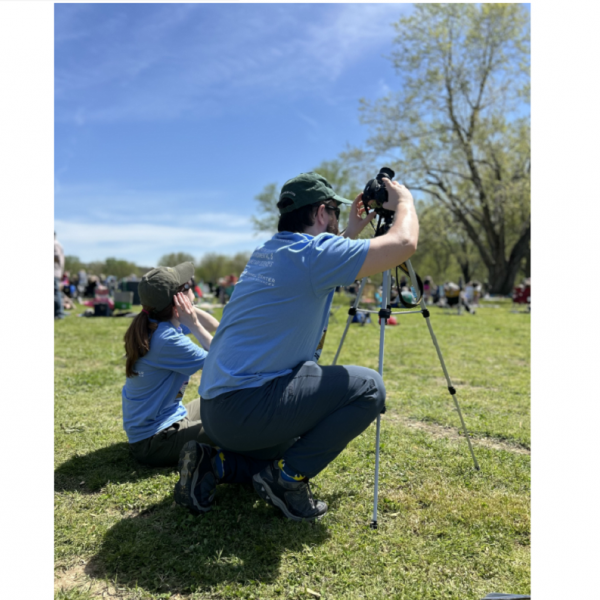Researchers from Arts & Sciences recently received awards from the NIH, the Meteoritical Society, and the American Physical Society.
Keith Hengen, assistant professor of biology, received a three-year $1.8 million grant from the National Institutes of Health (NIH) to study the role of sleep and waking behavior in shaping the brain’s neural dynamics. His research will help scientists understand how sleep contributes to healthy cognition and also shed light on the mechanisms by which disrupted sleep worsens neurodegenerative and mental health disorders, like Alzheimer’s disease or depression. Hengen also was recently awarded a $70,000 young investigator grant from the Brain & Behavior Research Foundation to help launch studies that move the fields of psychiatry and neuroscience forward and ultimately improve the lives of those with mental illness. Read more from The Source.
Deanna Barch, the Gregory B. Couch Professor of Psychiatry and chair of the Department of Psychological & Brain Sciences, was elected to the National Academy of Medicine, part of the National Academy of Sciences, for her work helping to identify neural and psychological mechanisms that give rise to the symptoms of psychosis and other forms of mental illness that contribute significantly to disability. Read more about the award in The Source and Barch's career in The Ampersand.
Jeffrey Gillis-Davis, research associate professor of physics, won a $213,461 grant from NASA for a project titled “Investigation of Lunar Regolith Chemistry by X-ray Absorption and Emission Spectroscopy.”
Katharina Lodders, research professor in the Department of Earth and Planetary Sciences, was announced as the winner of the Meteoritical Society's 2021 Leonard Medal, the society’s highest award for outstanding contributions to the science of meteoritics and closely allied fields. The award recongizes Lodders' work on the condensation of presolar grains in stellar atmospheres and her compilation of the solar system abundances of the elements and the condensation temperatures of the elements. Read more about Lodders and her work.
Nan Liu, research assistant professor of physics, will receive the Meteoritical Society's 2021 Nier Prize, an early career award for outstanding research by a young scientist, for her contributions to the field of presolar grains and nucleosynthesis. Read more about Liu's path to the award.
Jordan Brock, a graduate student in the Department of Biology, won a $26,310 grant from the USDA’s Agricultural Research Service for a project titled “Plant Exploration in France to Collect Camelina Germplasm for Crop Improvement.”
James Buckley, professor of physics, has been elected a fellow of the American Physical Society (APS). Buckley was recognized for his “foundational work in the development of the dark matter (DM) annihilation technique in search of the particle nature of DM, for study of gamma rays from active galaxies and supernovae, and for designing high-speed electronics and data acquisition systems for gamma-ray telescopes.”
Li Yang, professor of physics, conducted research with black phosphorus — a material with a thickness of just a few atomic layers — in a study hailed as a milestone of the past 50 years by the Physical Review B (PRB), an academic journal of the American Physical Society (APS). Yang uses large-scale computing simulations to explore light-matter interactions and optical properties of nanoscale materials. Read more from The Source.
Did we miss something? Contact Shawn Ballard, communications specialist in Arts & Sciences.



